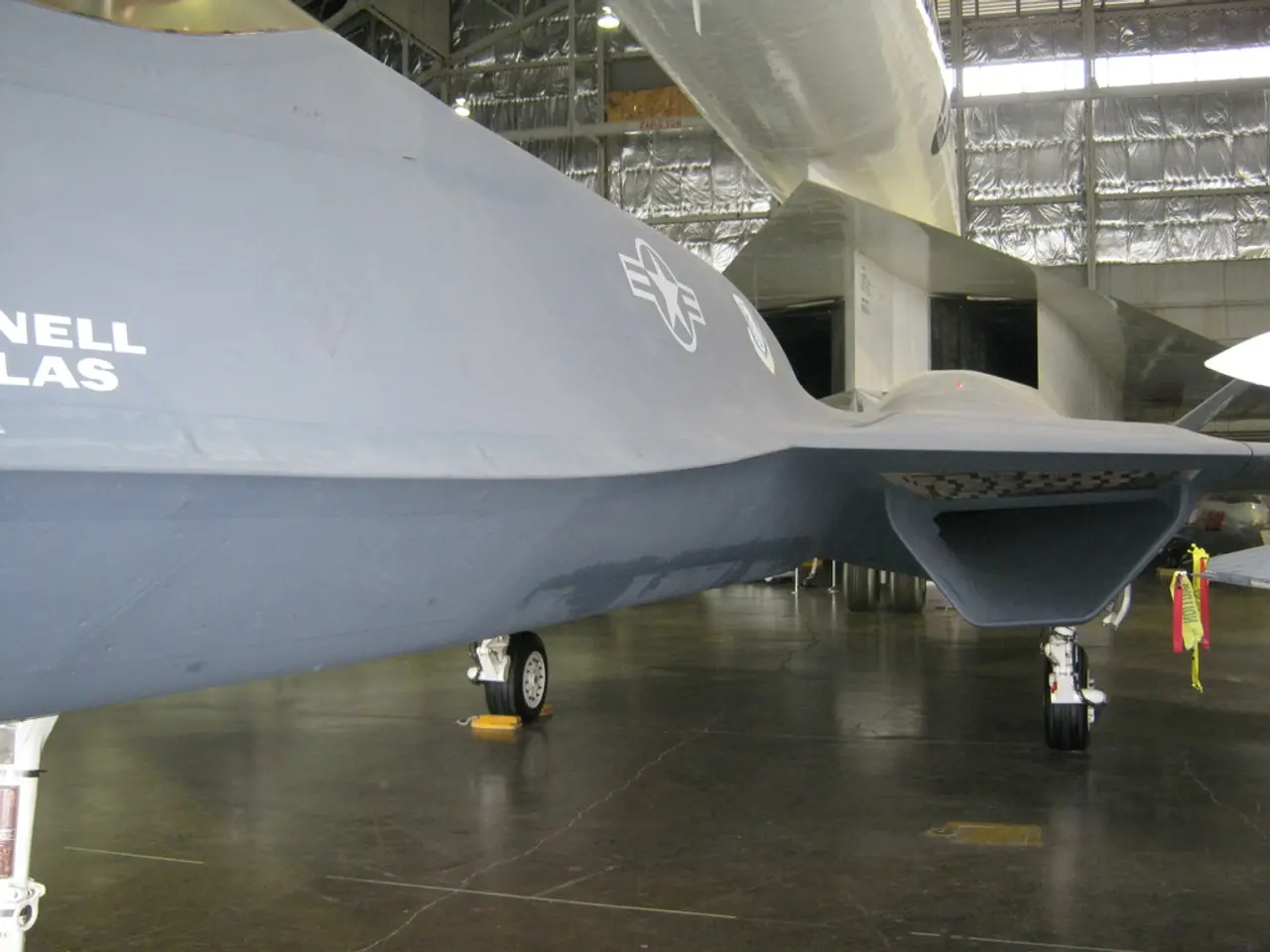Polish airline LOT has agreed to purchase more than 80 aircraft from Airbus in a significant and unprecedented deal.
LOT Polish Airlines has made a significant stride in modernizing and expanding its regional fleet with the acquisition of 40 Airbus A220 aircraft. This move marks the first time the Polish flag carrier has selected Airbus jets for its fleet, marking a transformative moment for the airline.
The order, worth approximately 4 billion zloty (€900 million), includes options for purchasing up to 44 additional A220 aircraft, potentially bringing the total order to 84. Deliveries of the new aircraft are scheduled to begin in the summer of 2027.
The A220s will primarily operate from Warsaw Chopin Airport, with future deployment planned for the Central Communication Port (CPK), a major transport hub under development west of the capital. This strategic move will position LOT for its role at the CPK, a key European transport hub.
The coming years will test LOT's ability to integrate new technology while capitalizing on Poland's evolving aviation infrastructure. The A220s, with their long-term potential for fuel efficiency and passenger comfort, are well-suited to support this growth.
The A220s will gradually replace aging Embraer models in LOT's regional fleet. Philippe Lesieur, Airbus Sales Director, stated that the A220 is well suited to LOT's needs, offering superior economics, including better fuel efficiency and range. This will help LOT expand its European route network more flexibly and cost-effectively.
The strategic significance of this acquisition lies primarily in fleet modernization and expansion, enabling LOT to strengthen its competitive position in the European market and support its long-term growth strategy. The order supports LOT's goal to grow and develop its regional operations.
The A220 features a comfortable 2-3 seating configuration with only one middle seat per row, enhancing passenger comfort on regional flights. Its modern cabin and operational efficiency are expected to improve customer satisfaction and help LOT differentiate itself within Central and Eastern Europe.
For the broader European aviation market, this order strengthens Airbus’s foothold in the regional jet segment and underscores evolving competitive dynamics in short-haul air travel. By investing in a modern fleet of A220s, LOT solidifies its competitive stance in Central and Eastern Europe, a region witnessing increasing demand for air connectivity and growth.
LOT's transformation from near-bankruptcy in 2013 to a multi-billion-zloty investment today is a remarkable turnaround. The airline is positioning itself as a competitive player in the European market with its fleet expansion plan, which projects an expanded fleet of up to 110 aircraft by 2028.
All models will be equipped with Pratt & Whitney PW1500G engines, and Airbus has pledged to provide technical assistance to LOT Polish Airlines. This strategic move underscores LOT's commitment to ensuring a smooth transition and continued growth in the years ahead.
- The government's investment in LOT Polish Airlines' acquisition of 40 Airbus A220 aircraft enters a new era for the aviation industry, particularly in the European market.
- As space for growth in the business sector expands, technology advances such as AI find their application in various areas, including the aviation industry with the introduction of the Airbus A220 aircraft.
- While the sports industry focuses on improving performance, the labor force in the aviation sector prepares for the arrival of the next generation of aircraft like the A220s, bringing enhanced fuel efficiency and passenger comfort.
- The law will continue to play a crucial role in regulating environmental concerns, as the aviation industry transitions to more energy-efficient and eco-friendly solutions, like the A220 aircraft.
- As the European aviation market evolves, competition intensifies, and travel demand grows, the strategic acquisition of the Airbus A220 aircraft by LOT Polish Airlines will impact the environment, energy consumption, and the overall competitiveness of the carrier.
- In light of the acquisition, businesses, governments, and consumers alike should consider the broader implications for the aviation industry, not only in terms of travel but also for the future of sports, technology, law, and the environment.







